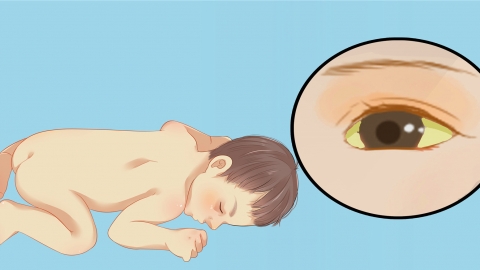Can sun exposure treat neonatal jaundice?
Exposing to sunlight can generally help treat neonatal jaundice to some extent; however, in some cases, sunlight exposure alone may not be sufficient to improve the condition. If any discomfort occurs, prompt medical attention is recommended.

Neonatal jaundice primarily results from the accumulation of bilirubin in the body, causing yellowing of the skin or other organs. Sunlight contains light of specific wavelengths, particularly blue light, which can help induce structural changes in bilirubin, transforming it into substances that can be excreted from the body through bile or urine. This process helps reduce serum unconjugated bilirubin levels and contributes to the resolution of jaundice. If the jaundice symptoms in a newborn are mild, appropriate sunlight exposure may offer certain benefits.
For severe jaundice or cases with other complications, such as premature infants or those with hemolytic jaundice, sunlight exposure alone may not effectively control bilirubin levels and could potentially lead to further increases in bilirubin, thereby increasing the risk of bilirubin encephalopathy. In such situations, immediate medical consultation is necessary. A healthcare professional should assess the condition and implement more effective treatment measures, such as phototherapy or exchange transfusion if required.
In daily life, when exposing newborns to sunlight, special attention should be given to protecting their eyes and genital areas from direct sun exposure to prevent injury. The duration of sunlight exposure should not be too long, typically limited to 15–30 minutes per session.




